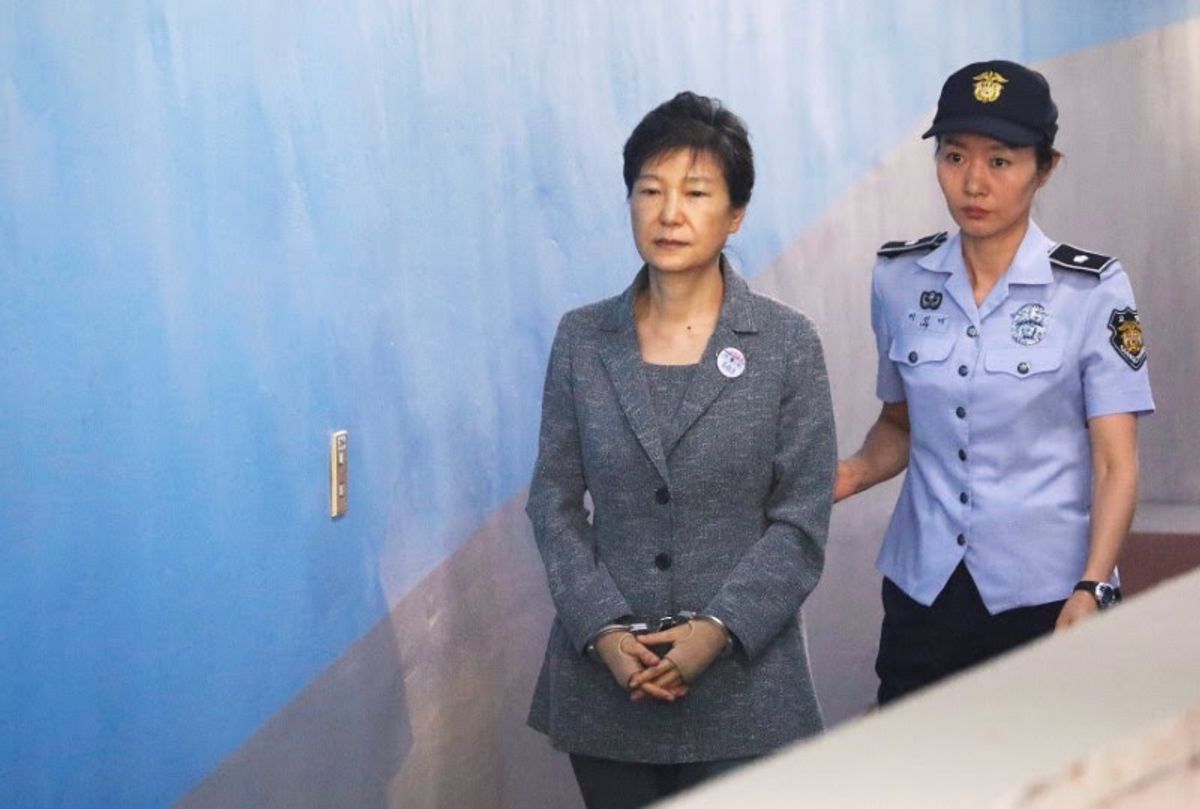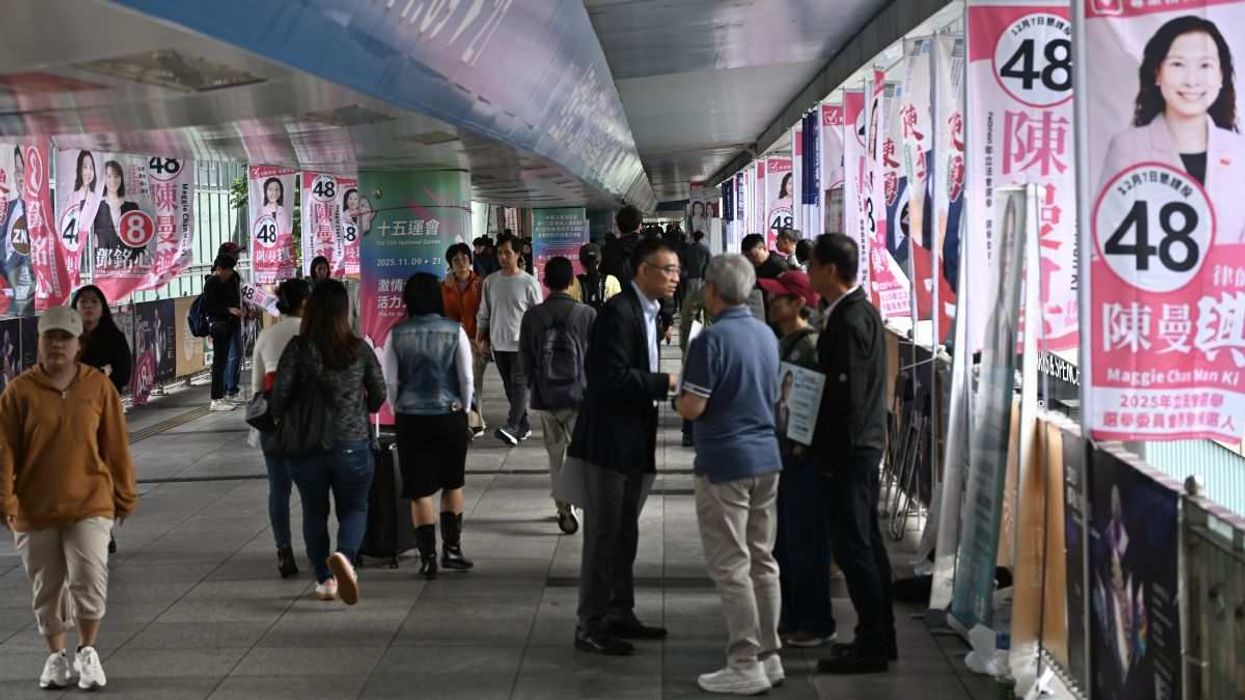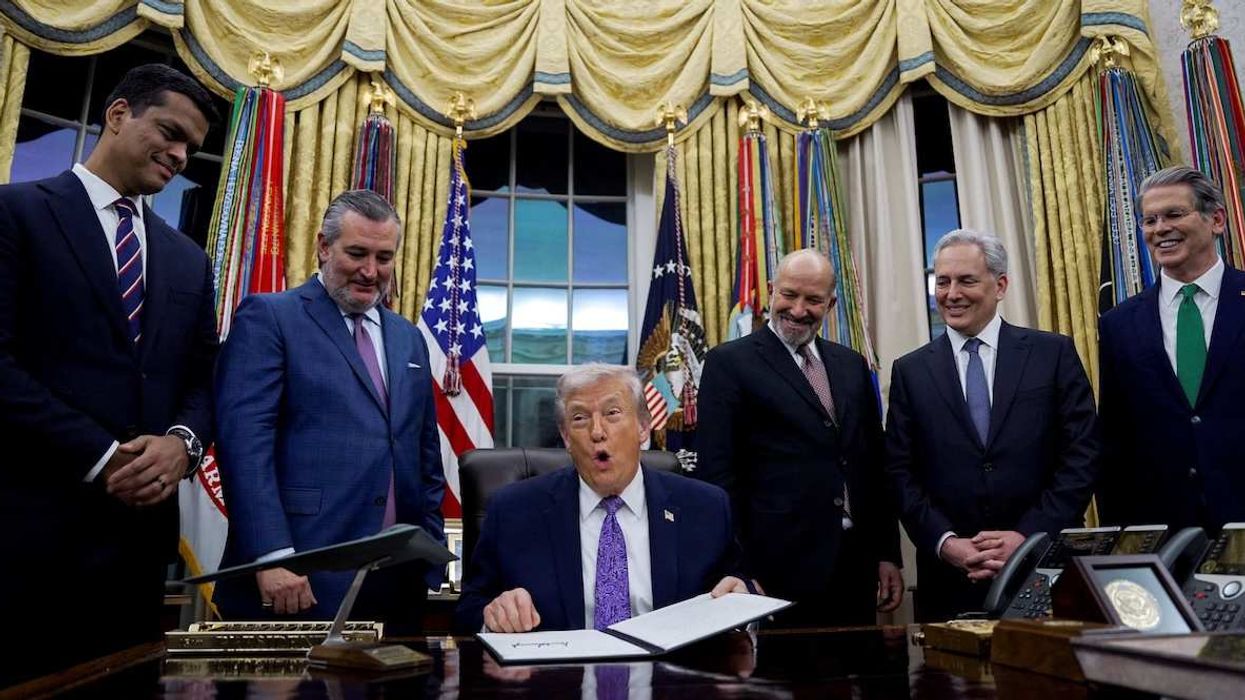Last weekend was, on the face of it, a good one for anti-corruption crusaders and a bad one for former presidents.
South Korea’s former President Park Geun-hye was sentenced to 24 years on corruption charges, Brazil’s former President Lula began serving 12 years for his own graft conviction, and ousted South African President Jacob Zuma appeared in court to face the first of what could be a long series of corruption charges.
So far so good. The high and mighty were held to account. A win for the rule of law at a time when corruption is an increasingly important focus for voters across the world. But rooting out corruption isn’t just about high-profile prosecutions. There are outstanding challenges that lie ahead in the battle against graft in each of these countries.
In Brazil, the country is deeply polarized over whether the conviction and jailing of the left-wing Lula represents a win for impunity (no one is above the law) or a hit to impartiality (his supporters note that plenty of centrist politicians are still free despite corruption allegations of their own.)
In South Korea, the culture of corruption that exists between the government and the powerful, family run conglomerates known as chaebol runs deep. (If you’re reading this on a Samsung and/or riding in a Hyundai, you are in direct contact with a chaebol.) After all, with Ms. Park’s conviction, all four of South Korea’s living former presidents — going back to the 1990s — are either being tried or punished for corruption. It’s not easy to slip the influence of these powerful companies, of which the 10 largest control more than 27 percent of all business assets in South Korea. Will Ms. Park’s fate change that?
In South Africa, Jacob Zuma’s being hauled into court is also, potentially, a win for the rule of law. But it remains to be seen how far his prosecution goes and whether, crucially, it sheds a broader light on the endemic corruption that has contributed to South Africa’s unenviable status as the world’s most unequal society. This is a critical question as the country heads for pivotal elections next fall, in which Mr. Zuma’s successor, Cyril Ramaphosa, has pledged to clean up the ANC.



















